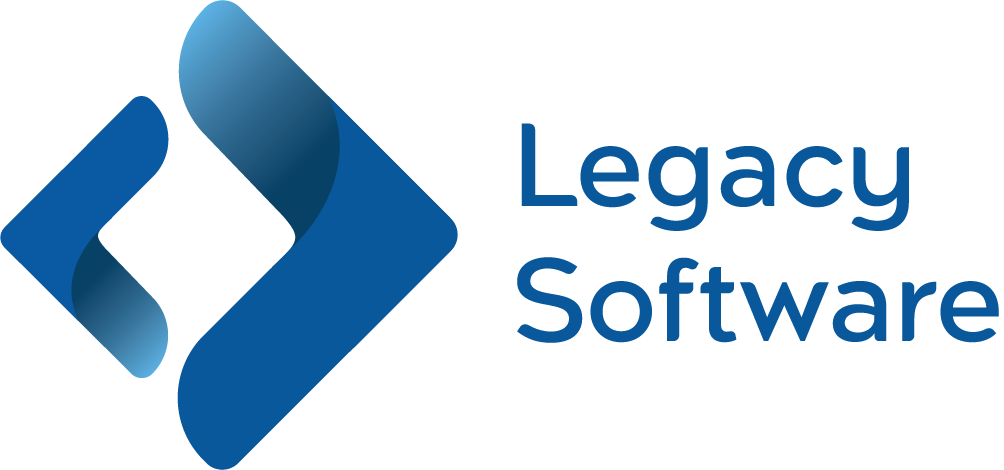

We start from the basis that computer applications have come to be tremendously complex. They comprise a vast range of components that are themselves created and maintained by use of different systems and subsystems.
To maintain such applications is a demanding task, partly because of the complexity of the systems themselves, partly because of the complexity of the business systems to which they relate or which they enable.
Inventory is the critical starting point for maintenance. Any maintenance task, and many developments that are based on existing code, should start from a sound knowledge of the code. If the staff who wrote it has moved on, there may be insufficient knowledge of what the current system does. Even if the original authors are available, their responsibilities may well have changed, the systems will have grown and their memories faded.
It is crutial to have a complete and up to date "picture" of the system that is to be addressed. It is crutial for the analysis to be comprehensive. Your applications may include batch and online components. They may be written in different languages, run against a range of databases, conform to several sets of standards. Any analysis of the code would be compromised if it fails to cover a significant aspect of the system architecture.
The Legacy Directory, from Legacy Software, is a simple, automated solution that provides the information you need to plan, complete and test a maintenance project on existing systems. The Legacy Directory allows for rapid processing of the millions of lines of code that may comprise your critical applications, (a recent benchmark showed that the legacy parsing engine can process 125,000 lines of code per minute!).
The Legacy Directory creates a relational database or directory containing objects relating to the components of the most complex application. It covers everything from literal values and data names through programs and copybooks to JCL and CICS tables. It can handle the widest range of development languages, JCL procedures, online screen layouts, proprietary DBMS, and many other types of component.
The Legacy Directory provides information that is essential to professionals in many areas: operations analysts, DBAs, systems programmers, storage managers, business analysts, programmers, planners, auditors and others. The information is available online, via the ISPF displays or viewable through your web browser. It can be output to reports or to control files for use in the automation of subsequent tasks.
Go back...